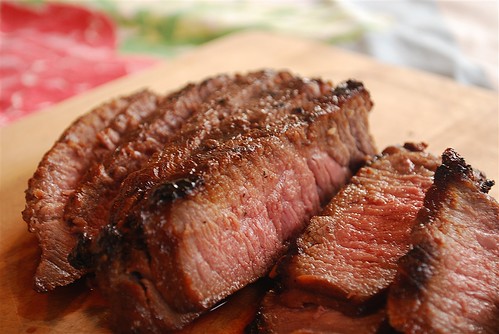 You've just gone through the exhilarating davening of Yom Kippur. You felt angelic but now you need to eat. Give some thought into this meal to carry to keep that angelic feeling.
*See previous post for Pre-Yom Kippur suggestions
You've just gone through the exhilarating davening of Yom Kippur. You felt angelic but now you need to eat. Give some thought into this meal to carry to keep that angelic feeling.
*See previous post for Pre-Yom Kippur suggestions
During a fast, your body breaks down muscle and converts it into energy. The space
within your intestines shrinks since there is no food passing through. The foods you break
a fast with are critical to replenishing your body. It’s important that these foods be easily
digestible and not tax your body. Break your fast slowly with foods that are easily digestible to avoid gastrointestinal problems. Foods that are are heavy and hard to digest, such as meat, bread, fried foods and whole-fat dairy products are poor choices. Instead, opt for foods that are light and easily digestible.
Your post fast meal should be nutrient dense and easily digestible. Raw fruits and
vegetables are great choices. Fruits high in water content like, watermelon, grapes, and
honeydew, are ideal. Citrus fruits, on the other hand, maybe too acidic right after a fast.
High water content vegetables such as lettuce and cucumbers are smart post fast
vegetables. Low–Gas producing, nutritiously dense vegetables like kale, avocado, sprouts,
cauliflower, spinach, and greens are also great choices.
An easily digestible source of protein is eggs. Serving a dairy free quiche (loaded with
non-gassy vegetables) is a great choice. If a quiche is more prep than you’re up for on a
fast day, how about a simple cheeseless omelet, scrambled eggs, or even hard boiled
eggs. Try not to sprinkle salt on those eggs. Avoiding salt after a fast, while you’re trying
to rehydrate, is important.
Don't forget it's not just what you eat, but how you eat. Some people overeat at this post
fast meal to compensate for the day's restrictions. Don't fall into this trap. Be kind to your
body and eat slowly. Savor each bite and give those digestive enzymes a chance to do
their job! Remember to replenish the fluids lost through fasting by drinking (preferably
non-carbonated drinks).










